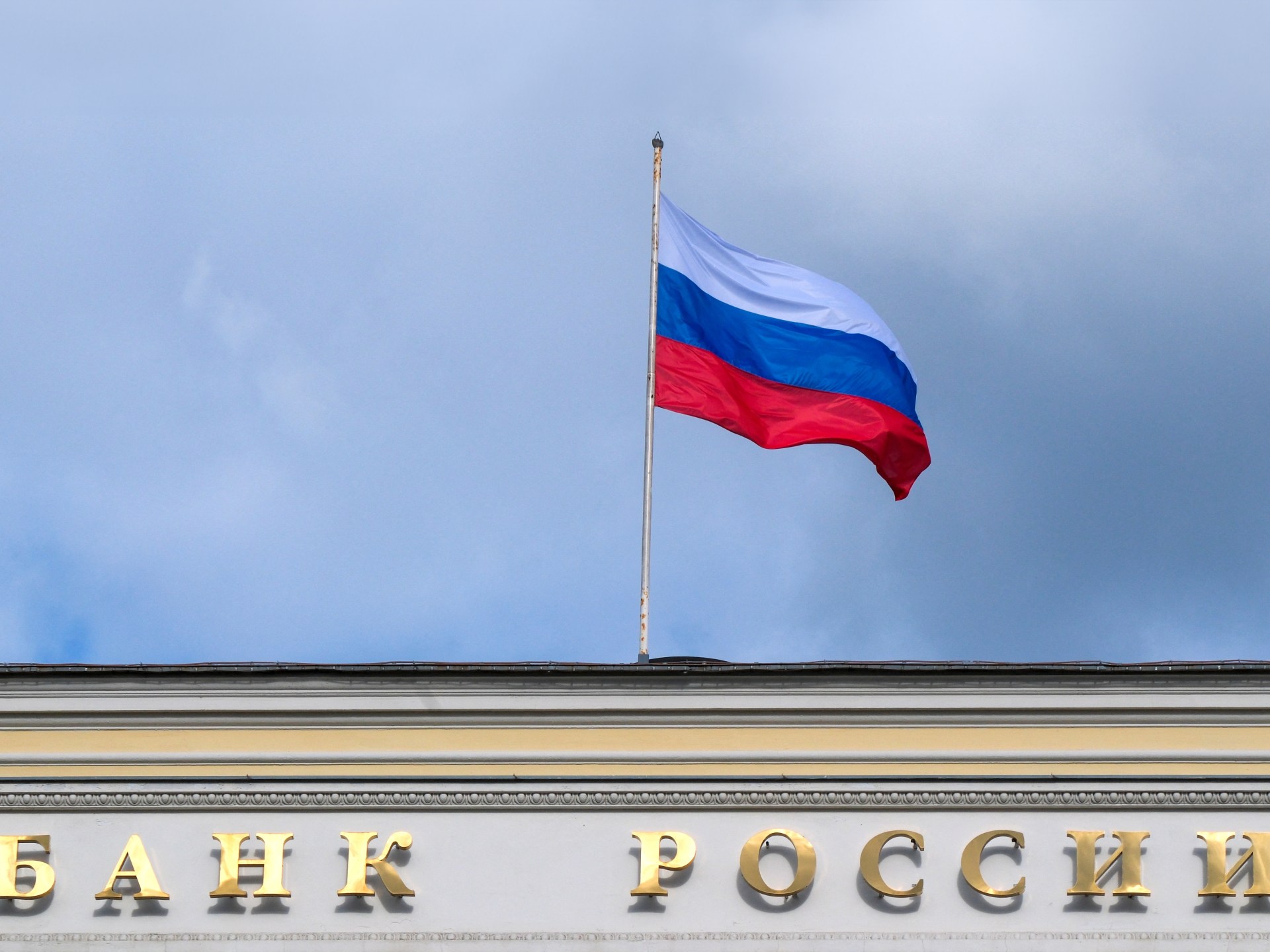Economist revealed that the Russian economy is witnessing a remarkable slowdown after years of sudden strong performance, as indicators show that the annual GDP growth declined from about 5% to scratch since the end of last year, according to an index prepared by the Bank of Goldman Sachs.
According to the magazine, the Russian Development Bank “VEB” (VEB) and the indicators – issued by “Spirenk”, the largest Russian bank – recorded similar trends showing a decrease in economic activity.
The Russian government implicitly acknowledged a decline, as the central bank indicated in early April to “decrease production in a number of sectors due to a decline in demand.”
Slow down after 3 years of steadfastness
This slowdown came 3 years after the Russian economy resisted Western sanctions and negative expectations, supported by the high prices of basic commodities and intensive military spending.
In the wake of the ignition of the Russian -Ukrainian war in 2022, analysts expected the gross domestic product by up to 15%, but the actual contraction did not exceed 1.4% in that year, followed by a growth of 4.1% in 2023 and 4.3% last year.
With the improved settlement expectations in the war thanks to the new American position, some estimates were expected to accelerate the Russian economy this year, but the reality was different.
Main factors behind the slowdown
Economist explained that 3 main factors explain this sudden slowdown:
- Firstly: The structural transformation of the economy, as Russia has turned into a war economy directed east since 2022, which requires huge investments in military industries and supply chains with China and India. Real investment spending increased by 23% in the middle of 2024 compared to the end of 2021. With the completion of this transformation, its impact on growth began to decline.
- secondly: Strong monetary policy, where annual inflation exceeded the goal of the central bank of 4% and reached more than 10% in February and March 2025, driven by wild military spending and the lack of labor as a result of recruitment and immigration. In response, the Russian Central Central remained the basic interest rate at the level of 21% very high since the first decade of this century.
- ThirdThe deterioration of external conditions, especially with the escalation of the trade war led by the American President. Global growth forecast has declined and oil prices decreased, which caused a severe blow to the Russian economy, which depends heavily on energy exports.
The International Monetary Fund reduced its expectations for the growth of Chinese GDP for 2025 from 4.6% to 4%, which increased Russian concerns due to Moscow’s dependence on oil sales to Beijing.

A direct impact on revenues and markets
Economist reported that low oil prices have negatively affected the Russian stock market, as the “Moex” index lost about 10% of its last peak, at a time when tax and gas tax revenues fell by 17% on an annual basis in March.
According to official documents reported by Reuters on April 22, the Russian government expects a sharp decline in oil and gas sales revenues this year.
The British magazine concluded its report by noting that the protectionist policies of the American president, despite his apparent friendliness towards his Russian counterpart, Vladimir Putin, had a painful blow to Russia’s exhausted economy.
(Tagstotranslate) Economy (T) Asia (T) Russia

